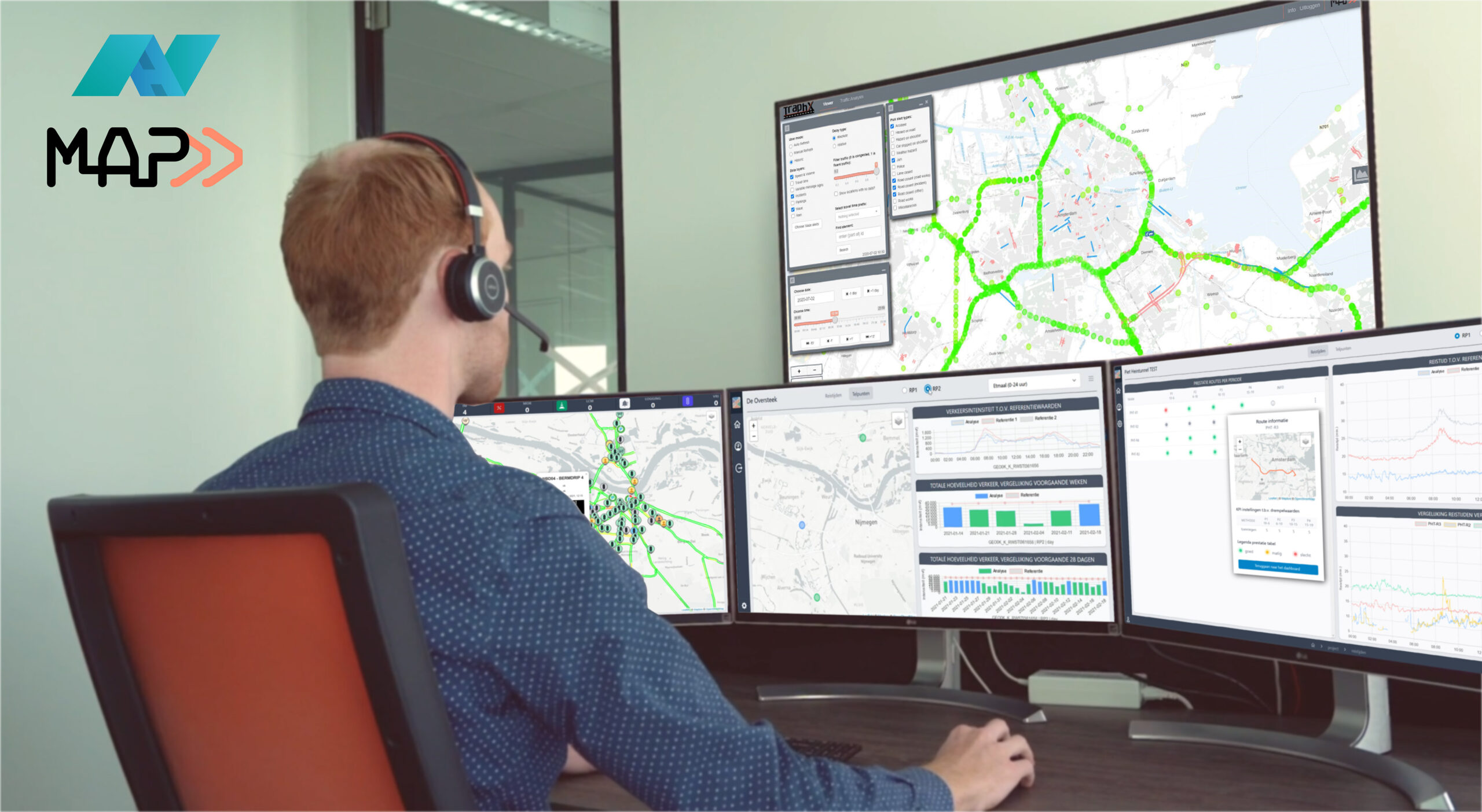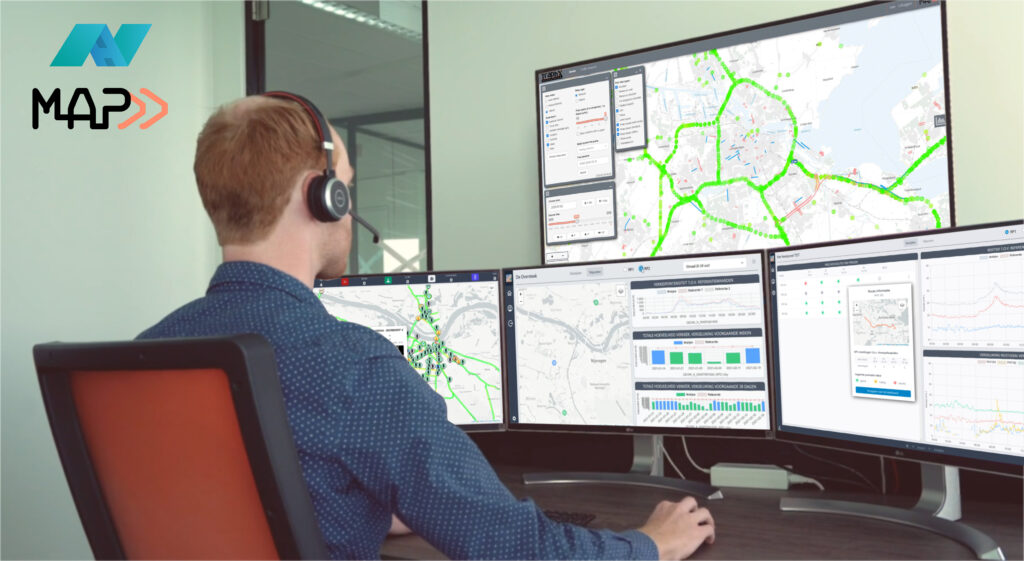
The mobility ecosystem is rapidly evolving, whereby we see the rise of new stakeholders and services. Examples of these are the presence of connected and automated vehicles, a large group of organisations that rally to establish various forms of shared mobility, with the pinnacle being all of these incorporated into a large MaaS ecosystem. As these new forms of mobility offerings start to appear within cities, so do new ways in which data are being generated, collected, and stored. Analysing this (Big) data with suitable (artificial intelligence) techniques becomes more paramount, as it leads to insights in the performance of certain mobility solutions, and is able to highlight (mobility) needs of citizens in a broader context, in addition to a rise in new risks and various socio-economic impacts.
Successfully integrating all these disruptive technologies and solutions with the designs of policy makers remains a challenge at current. let alone being able to analyse, monitor, and, assess mobility solutions and their potential socio-economic impacts.
nuMIDAS bridges this (knowledge) gap, by providing insights into what methodological tools, databases, and models are required, and how existing ones need to be adapted or augmented with new data. To this end, it starts from insights obtained through (market) research and stakeholders, as well as quantitative modelling. A wider applicability of the project’s results across the whole EU is guaranteed as all the research is validated within a selection of case studies in pilot cities, with varying characteristics, thereby giving more credibility to these results. Finally, through an iterative approach, nuMIDAS creates a tangible and readily available toolkit that can be deployed elsewhere, including a set of transferability guidelines, thus thereby contributing to the further adoption and exploitation of the project’s results.



